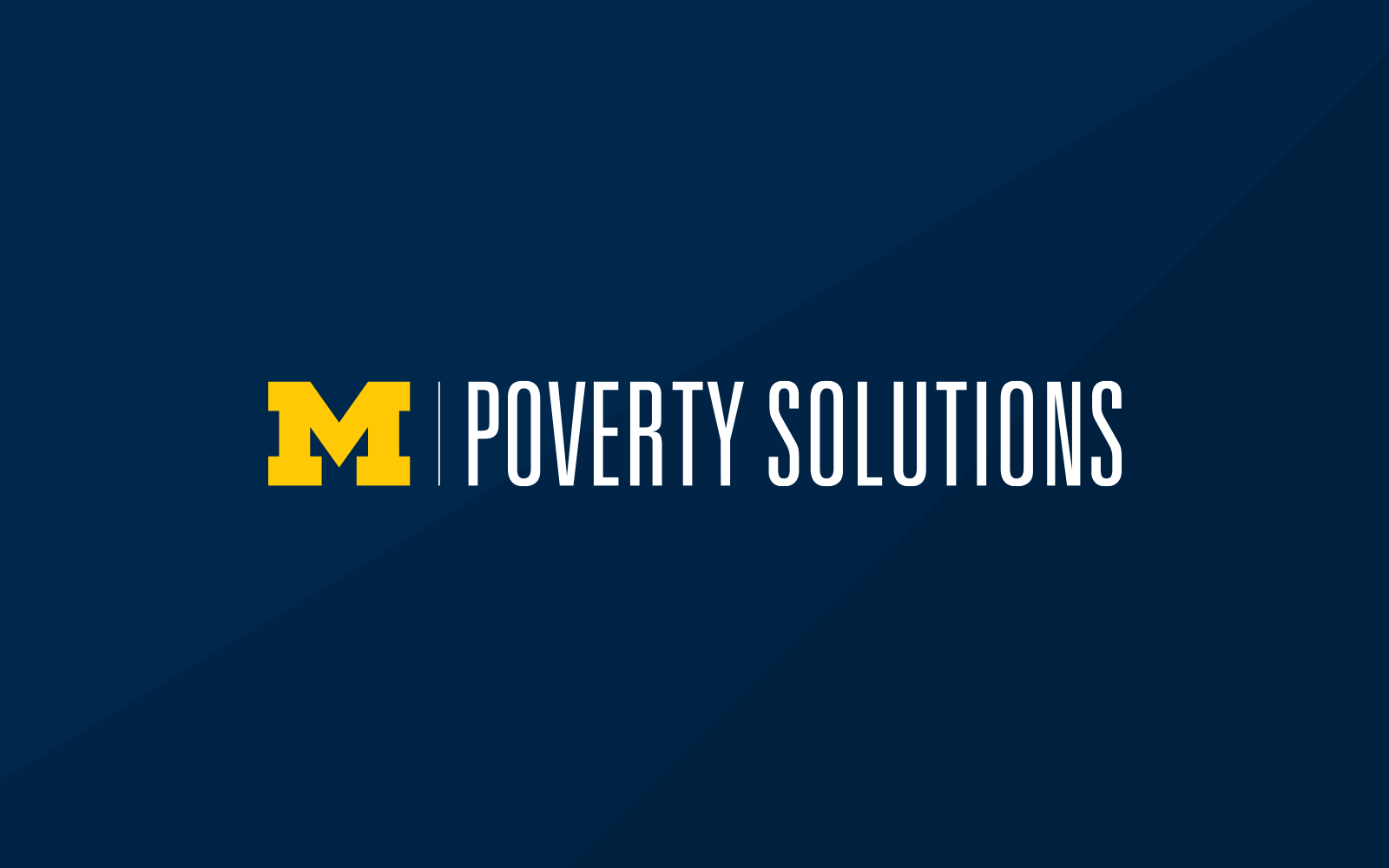
Poverty Solutions, a new initiative at the University of Michigan to prevent and alleviate poverty, recognized its first round of grant recipients today.
- Read the University Record story, by Kristen Kerecman, "U-M announces new investments in programs to fight poverty."
Altogether, nine projects will be funded, all of which are designed to test models aimed at reducing poverty.
Several of these projects will be led or co-led by faculty and alumni with Ford School ties.
One project involves preserving low-income housing in Detroit. Ford School alumna Julie Schneider (MPP/MUP '12), policy director of the Detroit Department of Housing and Revitalization, is part of the team that hopes to implement and analyze promising strategies.
Professor Sandy Danziger will co-lead another project designed to measure the effects of cuts to the Supplemental Nutrition Assistance Program (SNAP) on poverty alleviation institutions in Washtenaw County. In another project, assistant professor Natasha Pilkauskas and former Ford School postdoctoral fellow Katherine Michelmore will investigate whether the Earned Income Tax Credit (EITC) reduces housing instability.
Other recipients with Ford School ties include Alexandra K. Murphy, Brian Jacob, and Elisabeth Gerber.
Says Poverty Solutions Director Luke Shaefer, “These programs aim to make a real difference in the lives of struggling families by building knowledge about how to address poverty in a meaningful way. The focus is on putting knowledge into practice and to build on what works."
- View the press release announcing the first round of grant recipients.